Terrorism, climate change top priorities as NAM opens in Kampala
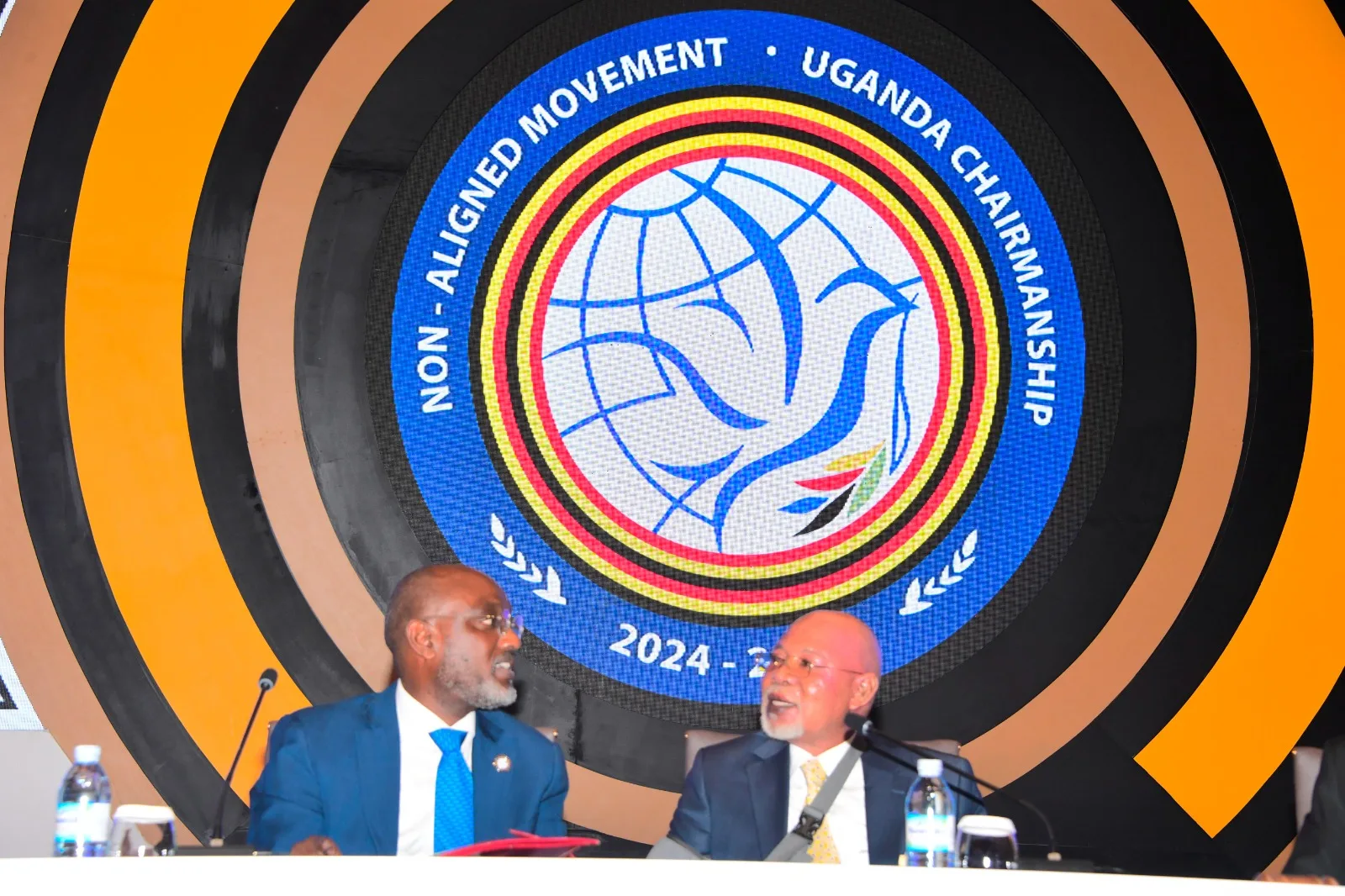
KAMPALA, Jan. 15 (Xinhua) — Senior officials from members of the Non-Aligned Movement (NAM) on Monday started a two-day meeting, setting the stage for a summit of heads of state and government later in the week.
The movement should continue confronting global problems in a united manner, said Yalchin Rafiyev, head of the Azerbaijani delegation, during the opening ceremony.
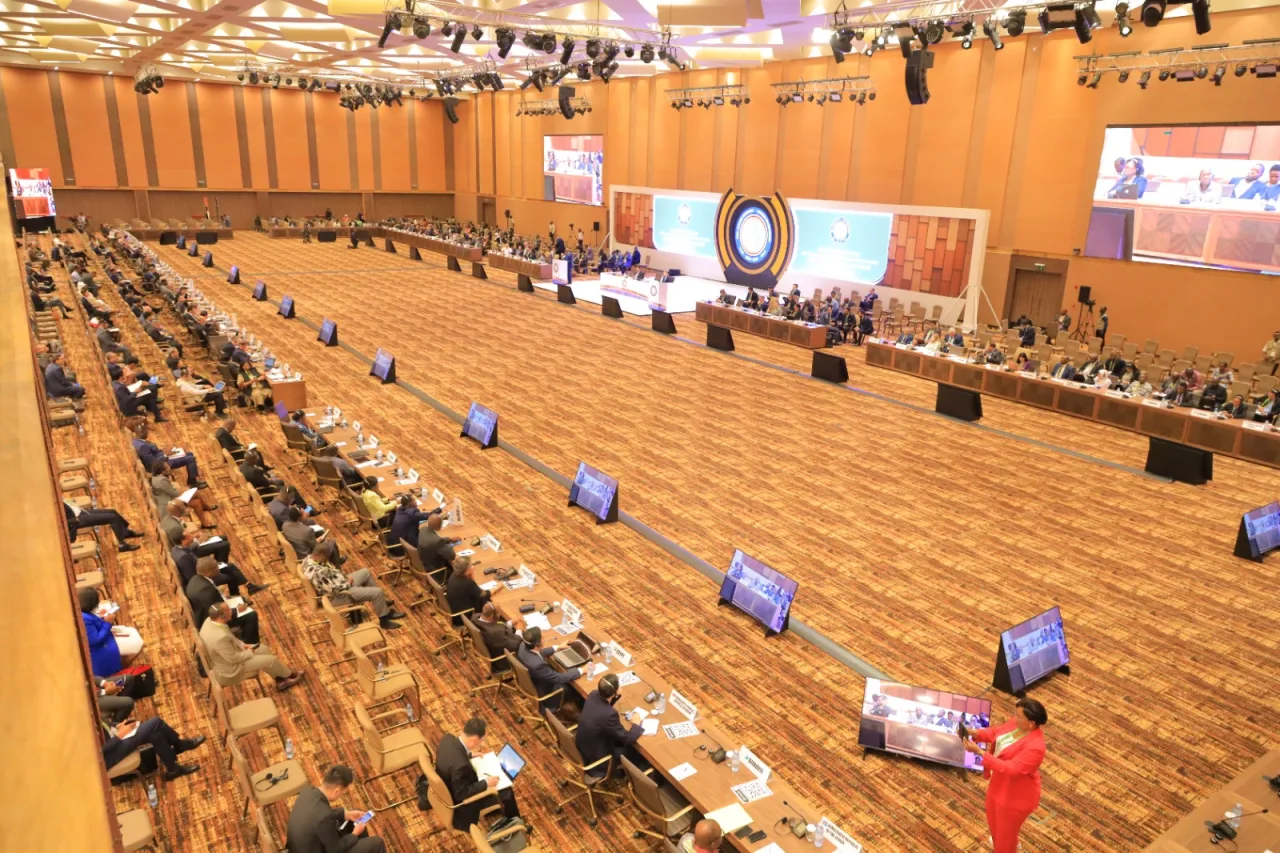
Facing challenges, “we must remain united in making joint progress towards achieving a peaceful and prosperous world in a truly just and equitable world order,” Rafiyev said.
Azerbaijan assumed the chairmanship of NAM in 2019 and is set to hand it over to Uganda later this week.
Addressing the meeting, Ugandan Minister of Foreign Affairs Jeje Odongo stressed the continued significance of the NAM in the face of increasingly complex international challenges.

“Today, we are confronted with several challenges worldwide, including insecurity, health pandemics, climate change, and terrorism,” he said.
“We also recognize challenges in financing for development and the very serious issue of the debt burden. It is crucial for us to address existing, new, and emerging issues collectively and in the interest of our membership for the good of mankind.”
According to the minister, Uganda believes that “multilateralism and solidarity are required now more than ever so that we can individually prepare and collectively respond to further challenges.”

“This is indeed a call for cooperation and collaboration within the NAM membership, a sentiment that I believe will be emphasized in the outcome document,” Odongo said.
The participating officials are expected to draft the final document, which will be submitted to a meeting of NAM foreign ministers Wednesday and Thursday.
Subsequently, it will be presented to the summit for approval.
The NAM Summit, themed “Deepening Cooperation for Shared Global Affluence,” is scheduled for Friday and Saturday.
Uganda’s Ministry of Foreign Affairs anticipates the participation of at least 1,500 delegates and more than 30 heads of state in the meeting.
The summit serves as a forum for 120 member states guided by the Bandung Principles, which include respect for the sovereignty and territorial integrity of all nations, recognition of the equality of all races and nations, large and small, and abstention from intervention or interference in the internal affairs of other countries.











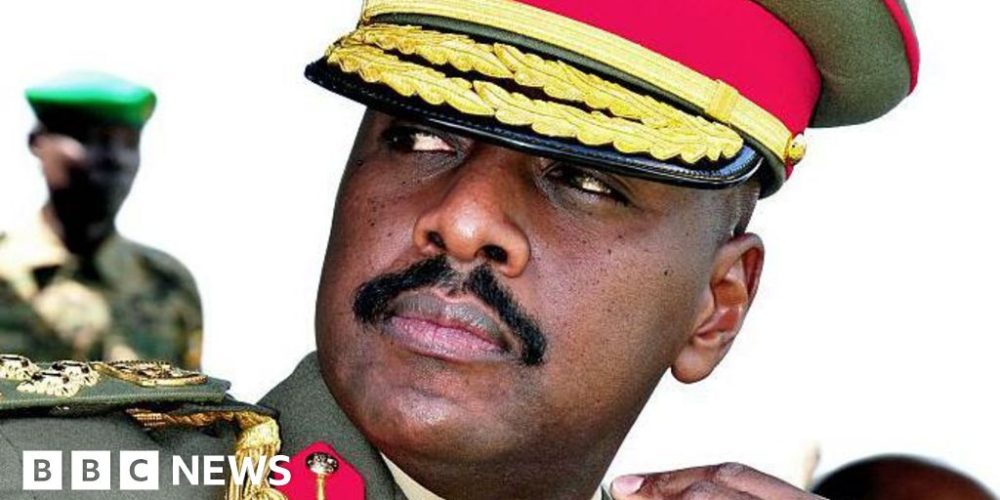
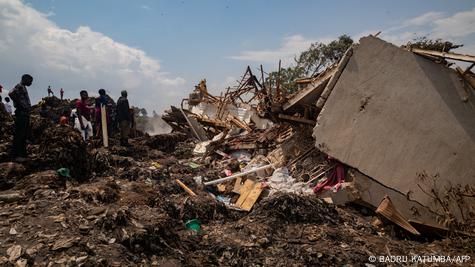


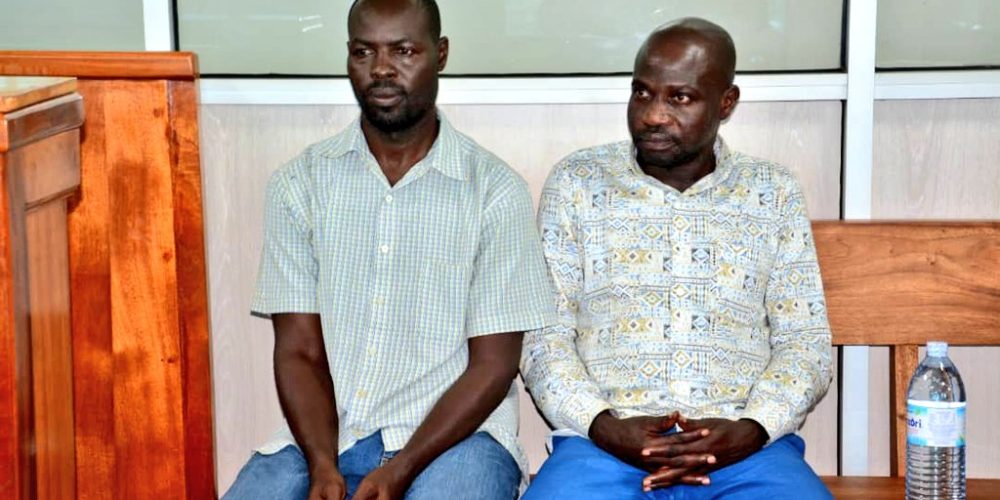


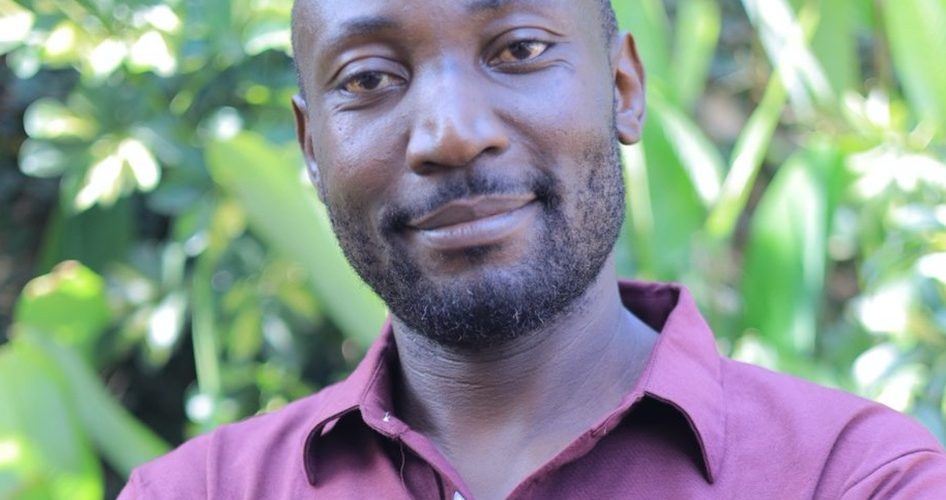
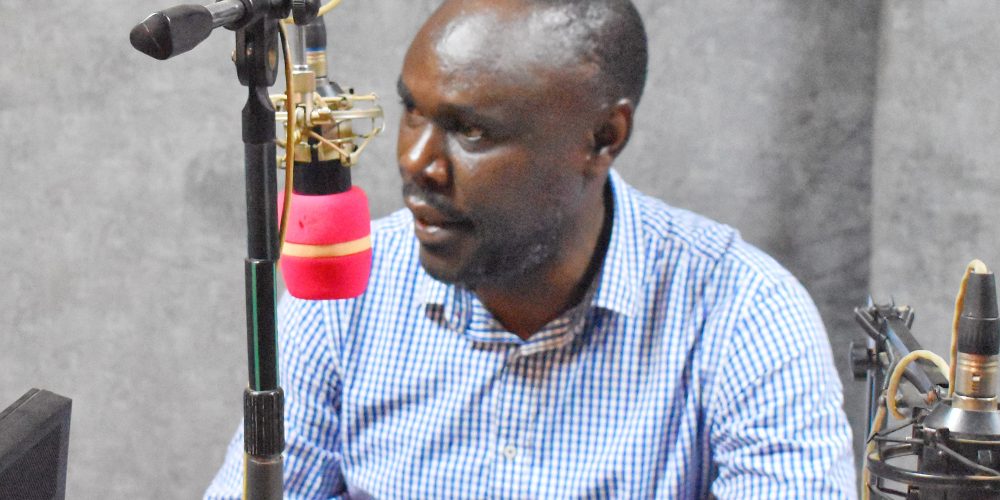

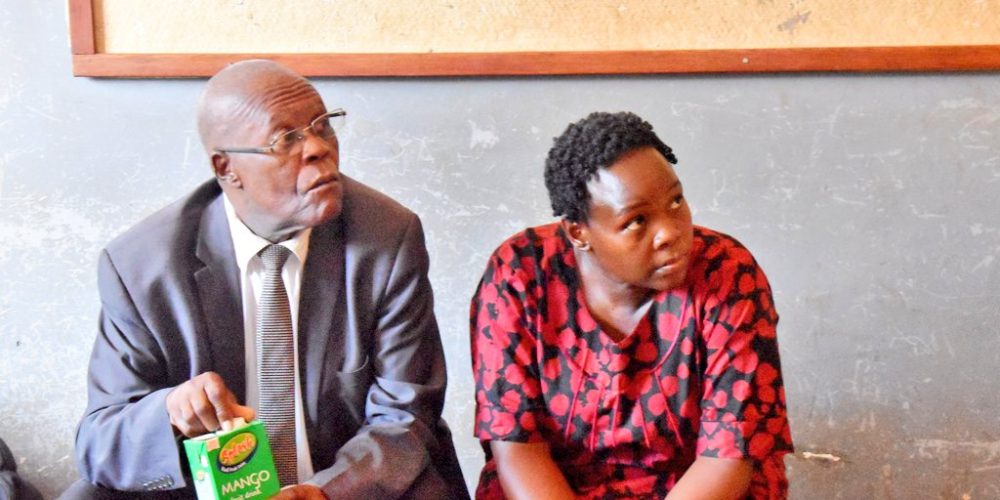
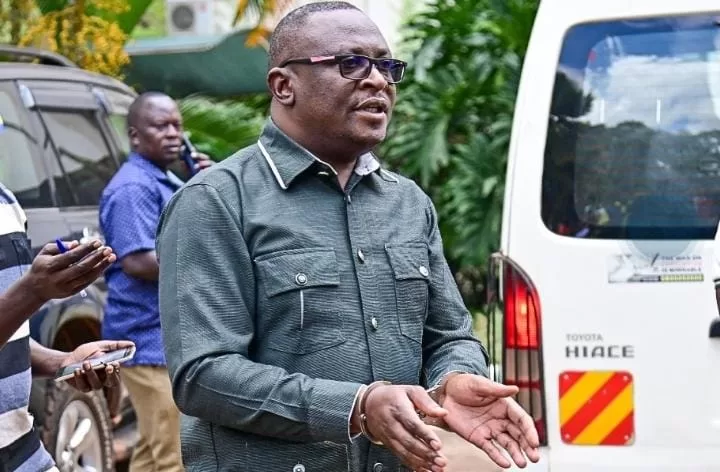
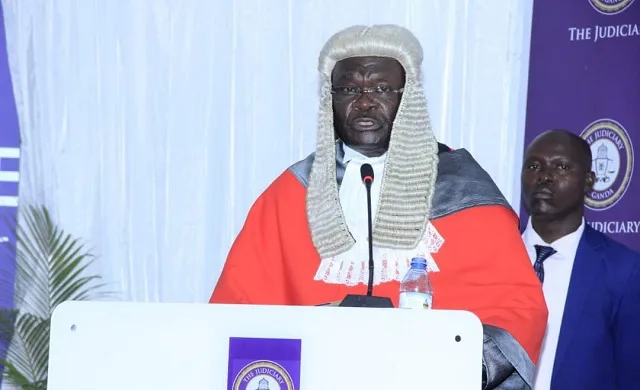

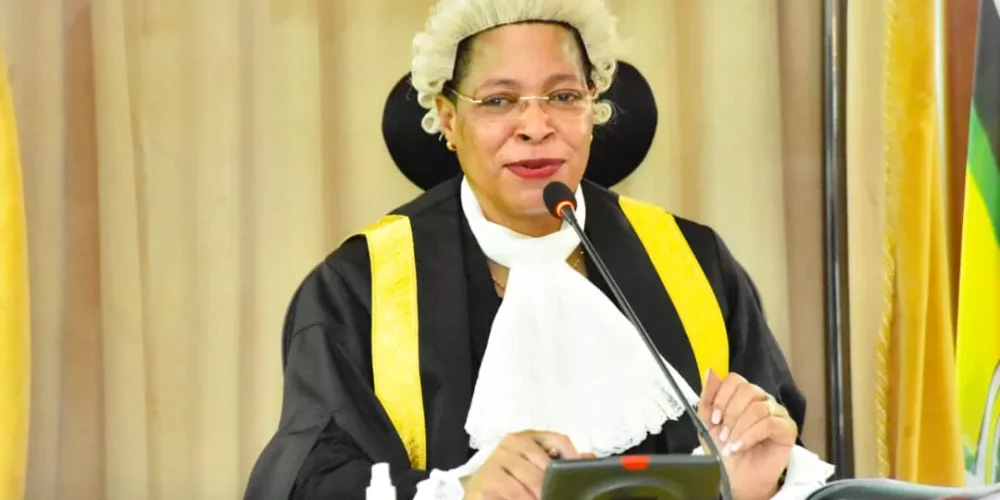




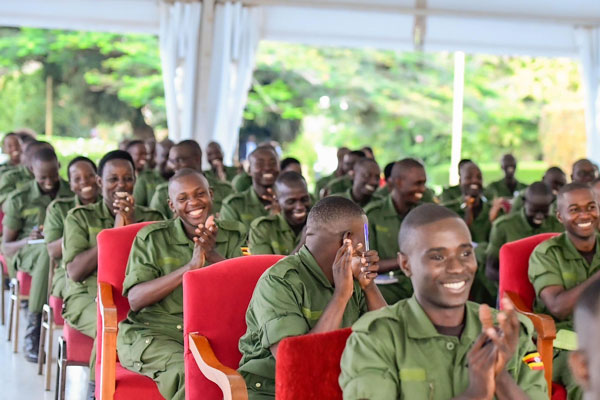
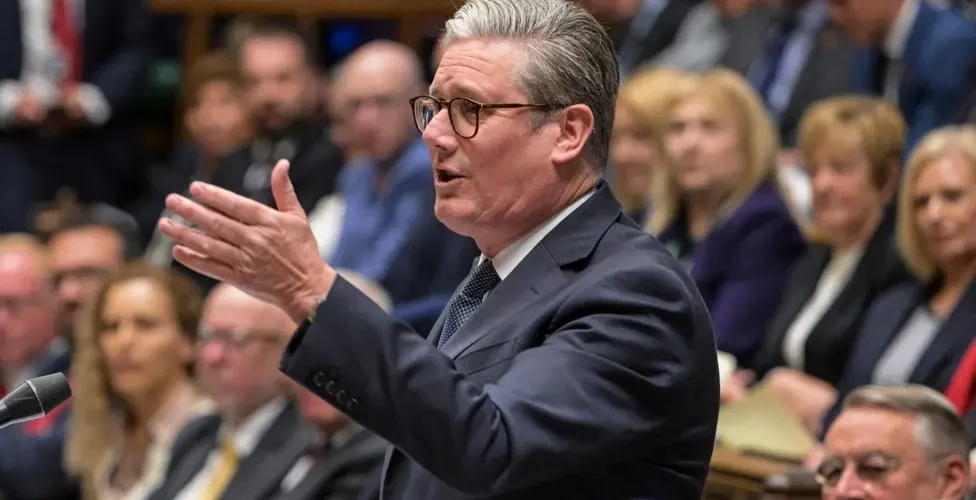




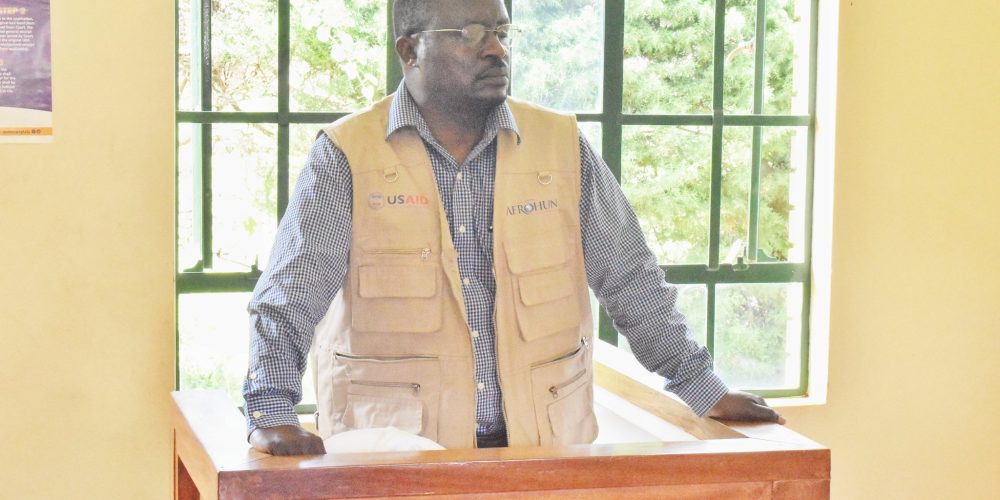

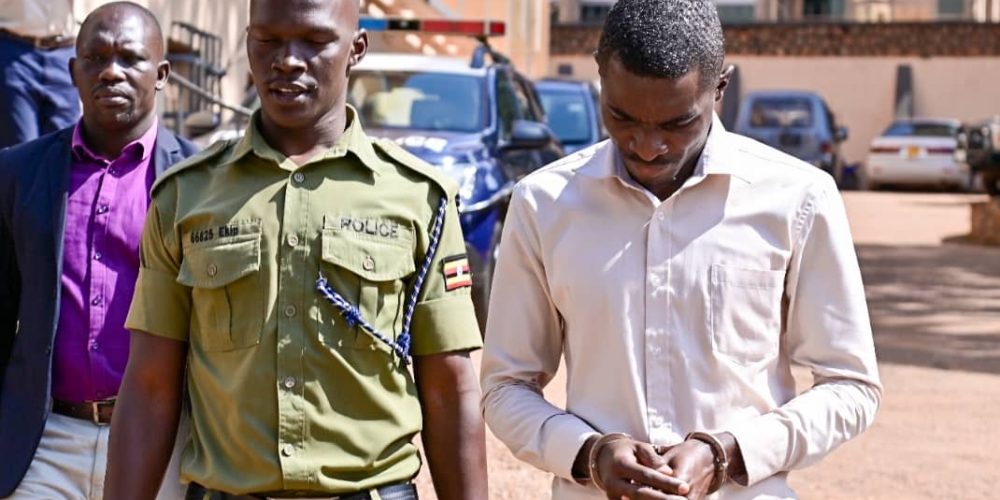
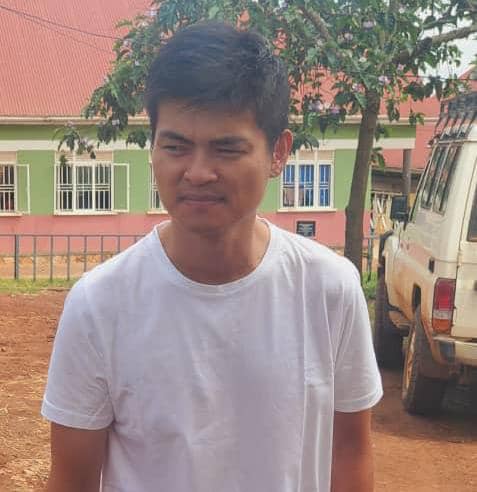
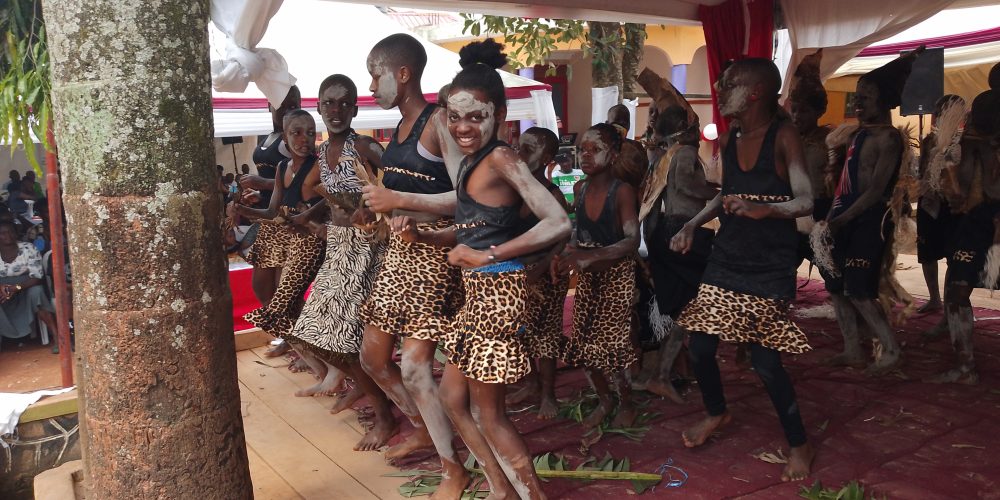
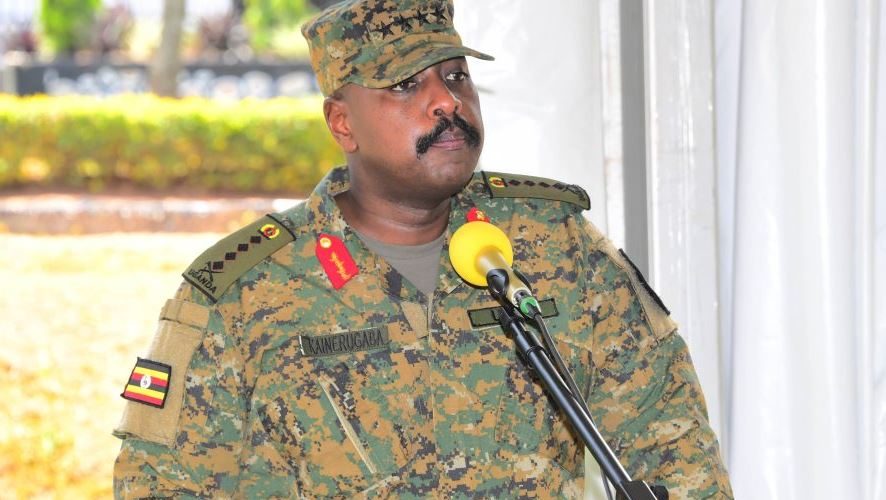



can i purchase cheap clomid without a prescription clomid rx for men buy cheap clomid without dr prescription cost of clomid without insurance order generic clomid without insurance where to get cheap clomiphene no prescription cost generic clomid without rx
This website absolutely has all of the bumf and facts I needed to this thesis and didn’t positive who to ask.
This is the description of serenity I enjoy reading.
buy zithromax no prescription – order ciprofloxacin 500mg pill metronidazole 200mg pills
rybelsus ca – periactin 4 mg us periactin canada
order domperidone pill – buy generic motilium over the counter purchase flexeril pill
propranolol us – order methotrexate 10mg generic methotrexate 10mg ca
order amoxicillin generic – combivent buy online combivent 100 mcg over the counter
buy zithromax pills for sale – purchase tindamax pill buy bystolic 5mg online
Your article helped me a lot, is there any more related content? Thanks!
amoxiclav pills – https://atbioinfo.com/ purchase ampicillin sale
esomeprazole 40mg brand – nexiumtous oral nexium 20mg
brand coumadin – cou mamide hyzaar canada
cost mobic – https://moboxsin.com/ meloxicam 15mg pill
Today, while I was at work, my sister stole my iPad and tested to see if it can survive a 40 foot drop, just so she can be a youtube sensation. My apple ipad is now destroyed and she has 83 views. I know this is completely off topic but I had to share it with someone!
https://www.smortergiremal.com/
deltasone order online – https://apreplson.com/ order deltasone 5mg generic
best male ed pills – buy ed pills online buy erectile dysfunction drugs
buy amoxicillin online cheap – buy amoxil generic amoxil brand